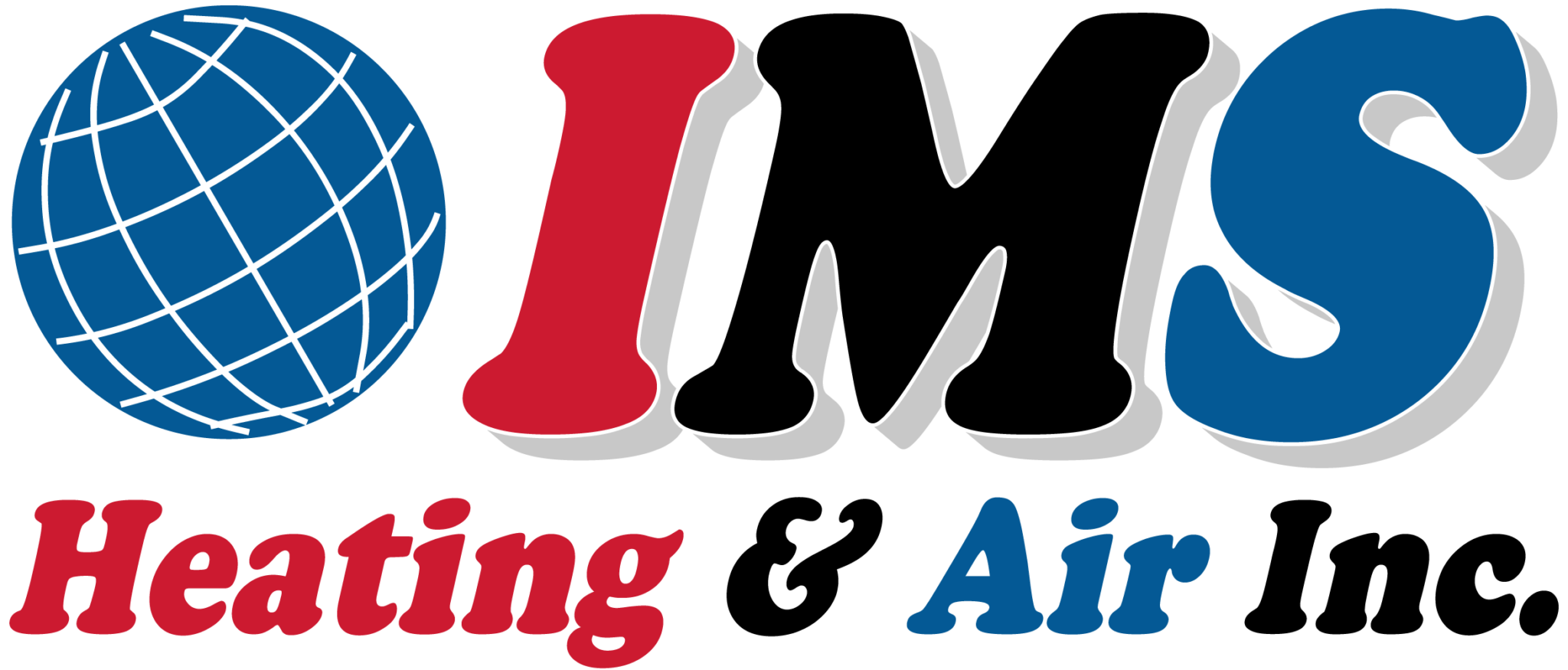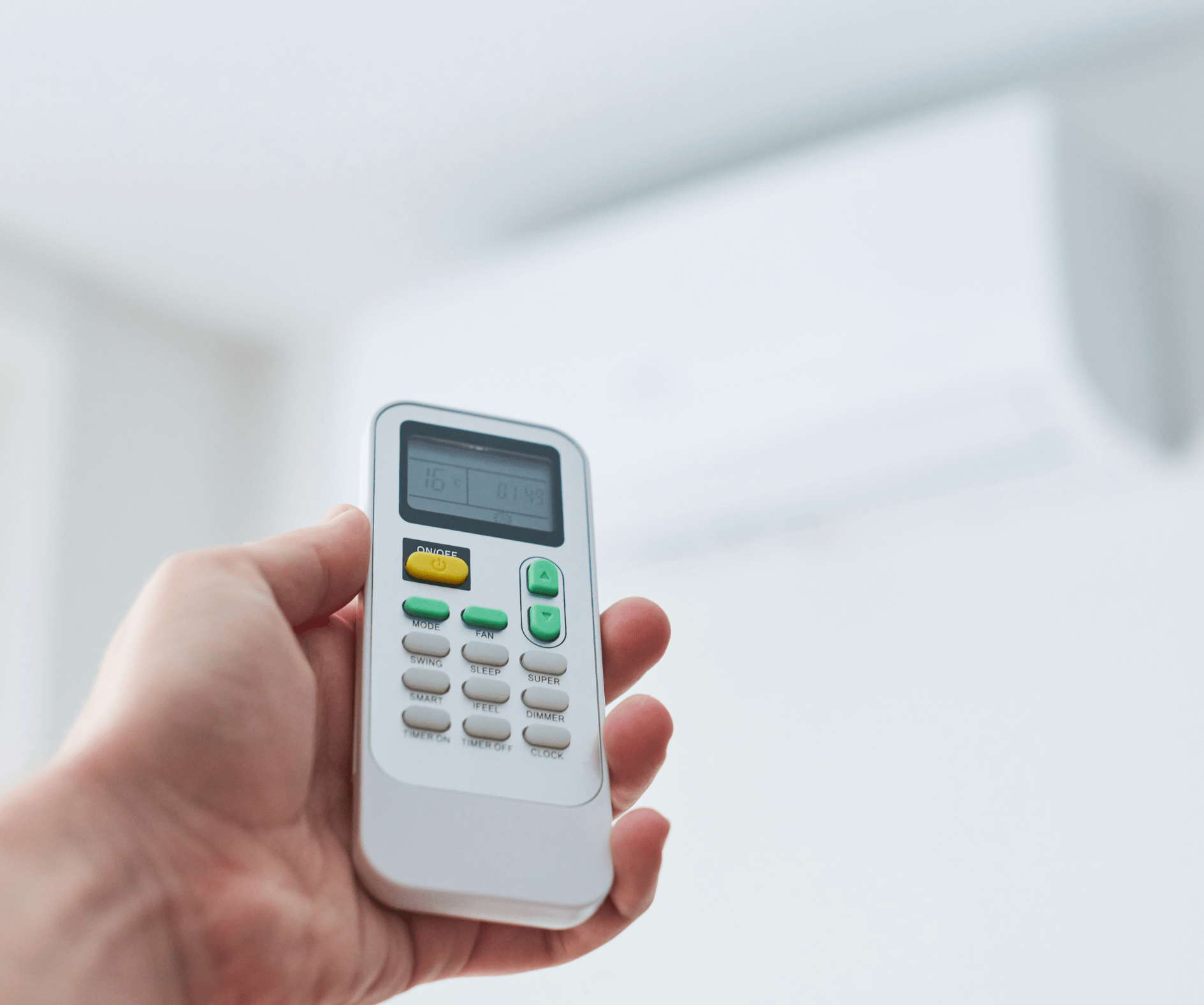Air quality refers to the state of the air in terms of cleanliness and the presence of pollutants and contaminants. This provides an indicator for the air’s overall health. Good air quality is free from harmful substances that could potentially endanger well-being.
You may be asking yourself, “Does air conditioning improve air quality?”. The short answer is that while air conditioners may help make the air in your home more pleasant, without an advanced filtration system, they can’t remove large volumes of pollutants or harmful substances from the atmosphere.
Here’s what you need to know about air quality and where air conditioners come into play.
What Factors Affect Air Quality?
Air quality can be negatively affected by emissions from exterior environments where industrial processes, vehicles, and power plants are present, with pollutants then finding their way into your home.
Interior environments can also affect air quality when fireplaces or chemical cleaners are used.
Pollutants released can include things like:
- Smoke
- Pollen
- Carbon monoxide
- Volatile organic compounds
- Dust
Poor air quality can have severe consequences on human health, causing serious ailments like asthma and allergies. On the extreme end, it can even lead to cardiovascular diseases and lung cancer. Those with preexisting conditions living in areas with low air quality levels are particularly at risk.
Does Air Conditioning Improve Air Quality?
Air conditioning will not directly improve indoor air quality. However, its indirect positive influences may contribute to better quality through:
- Filtration: Modern air conditioners often include filters designed to capture dust mites or pollen (which contribute to poor indoor air quality). By filtering these particles out, they help improve indoor air quality by decreasing their concentration.
- Dehumidification: Air conditioners can remove moisture from the air as it circulates. This, as a result, decreases humidity levels in rooms while protecting them against things like mold and mildew, which can thrive in humid conditions.
- Ventilation: While not all air conditioning systems provide access to fresh outdoor air, many modern systems include ventilation components that bring in fresh air while simultaneously filtering out indoor pollutants for improved overall air quality.
Do I Need an Air Purifier if I Have AC?
With the answer to the question “Does air conditioning clean the air?” being: technically, no, you may then be wondering whether you need an air purifier. This actually depends on your household’s needs, but generally, an air purifier is necessary if you’re looking for cleaner air.
Air conditioning systems typically utilize filters that trap larger particles, such as dust and pet dander; however, these filters may not effectively capture smaller allergens, mold spores or certain pollutants that enter through your HVAC system.
Suppose someone in your household suffers from allergies or asthma. In such a scenario, an air purifier can help filter out allergens like pollen, mold spores, and pet dander that might not be captured by just using air conditioning alone. HEPA filters in air purifiers are highly efficient at trapping allergens like these.
An air purifier can also add an additional layer of air cleaning and purification, particularly in rooms or areas with limited or ineffective airflow from their AC systems. By trapping pollutants at their source, air purifiers are beneficial for improving overall air quality in these spaces.
How to Improve Indoor Air Quality
Now that we’ve addressed the answer to the question, “Does AC improve air quality?”, let’s go over how to improve it.
Bettering indoor air quality can create a healthier and more pleasant living environment. Here are a few steps you can take.
Ventilate
For proper indoor air circulation, you’ll need to ensure sufficient ventilation by opening windows and doors when outdoor air quality permits, using exhaust fans in kitchens and bathrooms to remove pollutants, excess moisture, and allergens.
Clean Your Living Space Regularly
Regular cleaning can reduce dust and allergen accumulation in your living spaces. Vacuum carpets and rugs regularly while using a cloth to wipe away dust particles on surfaces. Bedding, draperies, and upholstery should also be regularly washed to get rid of any additional particles that accumulate.
Control Moisture
Excess moisture can contribute to mold and mildew growth, which then has a negative effect on air conditioner air quality. To minimize the chance of this in bathrooms and kitchens, humidity levels should range between 30% to 50% for optimal conditions.
Dehumidifiers should be installed in damp areas to help control humidity levels. Leaks should also be promptly repaired.
Avoid Smoking Indoors
Indoor smoking releases harmful toxins into the atmosphere, endangering both air quality and human health. To safeguard air quality, it’s best to take smoking outside.
Choose Low VOC Products
Volatile organic compounds (VOCs) can be released by many household products, such as paints, cleaning agents, and adhesives. When using VOC-emitting items like these, it’s important to opt for low VOC or VOC-free alternatives and ensure adequate ventilation when using these items.
Maintain HVAC Systems
To prevent pollutant circulation, regularly clean or replace air filters in your home’s HVAC systems. Professional inspection is highly recommended to ensure the optimal performance of this vital system.
Choose IMS Heating & Air for Maintenance and Installation
So, does air conditioning improve air quality? As it turns out, not directly, but taking preventative measures, conducting regular HVAC maintenance, and having an air purifier installed can help.
If you live in the Northern Colorado area and you’re looking for professional HVAC technicians to help you with this, IMS is your best choice.
Contact IMS today!





